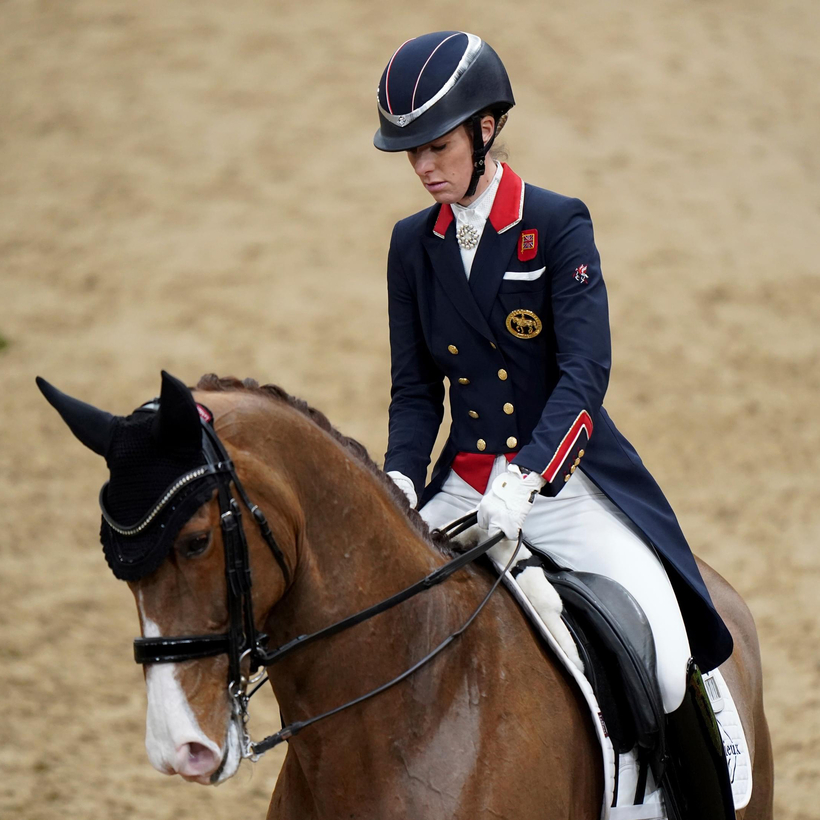The Palace of Versailles should have been a fitting and opulent backdrop for the Paris Olympics’ equestrian events: gleaming horses, elegant riders attired in Hermès and Gucci, and horsemanship skills dating back to the Renaissance.
Indeed, the sport is awash with present-day Sun Kings, including the daughters of Bill Gates, Steve Jobs, and Bruce Springsteen. Actual British royals have provided two Olympians—King Charles’s sister, Princess Anne, and her daughter, Zara Tindall—and members of the ruling families of Jordan, Qatar, and Saudi Arabia have show jumped at the Sydney, London, Rio, and Tokyo Olympics. Other extremely high-net-worth individuals—such as Epic Games co-founder Mark Rein—are often involved as owners of the horses.

